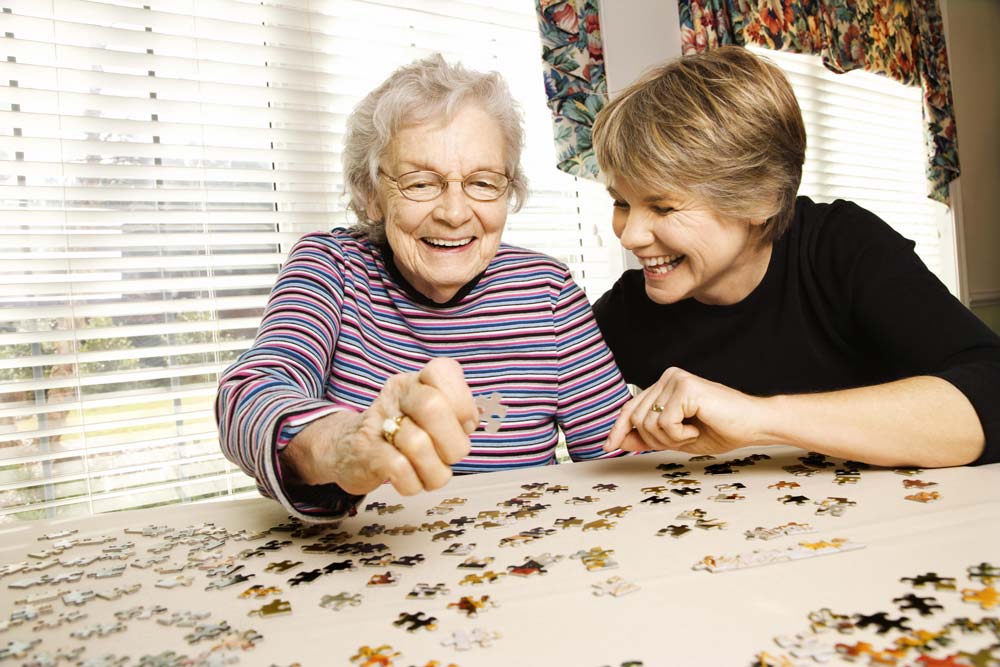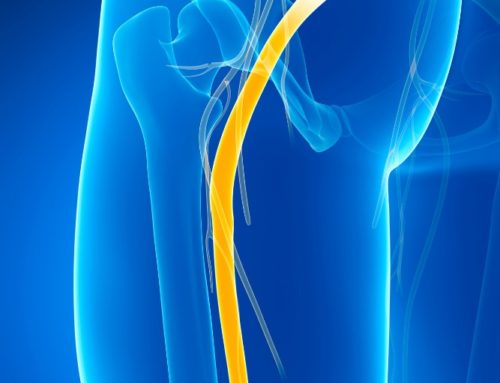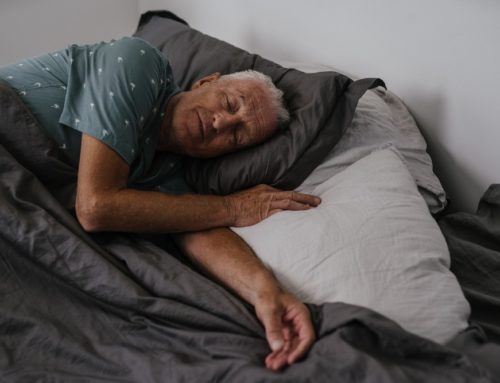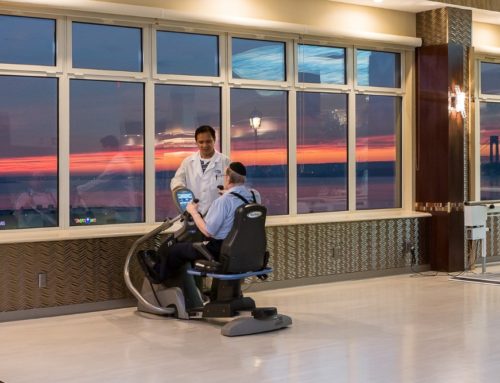You may think recreation therapy, also known as “activity therapy”, is only games, arts and crafts and other fun activities for patients with mental or physical issues. However, these activities are customized to patients’ individual needs. The main goal and the benefits of recreation therapy is restoring a patient’s level of independence and functioning as well as reducing their activity limitations.
Recreation therapy covers activities that patients engage in on their own or with others. Generally, those activities that involve socializing are the most beneficial. Let’s take a look at how and why the different kinds of recreation therapy can boost a patient’s mental health. Bear in mind that what follows is for general guidance only. You should seek advice from your doctor or therapist about what activities are most appropriate.

The Benefits Of Recreational Therapy For Anxiety
The benefits of this therapy are particularly noticeable in people who are anxious or depressed. Anxiety leads to stress which can be a killer unless addressed. That’s why rehab involving fun activities that gets people talking and interacting with each other is so important. Playing board games, doing quizzes, listening to a concert are wonderful stress-busting activities that take your mind off your worries.
Exercising, playing a game, or reminiscing about the “good old days” are beneficial recreation therapies. Taking part in enjoyable activities – whether that is knitting or painting or doing a crossword puzzle – helps you feel good. Talking to people improves brain function, is stimulating and can be fun. Don’t miss out on opportunities to socialize as talking to people has huge mental health benefits.
Coping with serious illnesses
Even those with serious illnesses can benefit from recreation therapy. A patient’s specific circumstances will determine which kind of activities they can take part in. What is important is the emotional support that family, friends, and therapists can provide. In some cases, pet therapy may be appropriate. This enables patients to stroke and play with animals such as dogs or cats. It can be a great talking point, too.
Helps loneliness
One of the benefits of recreation therapy is that it gets patients interacting with others and helps dispel loneliness. Many patients, especially the elderly, suffer from isolation so getting them to engage in fun activities helps their mental health. Sharing a meal with others or doing a jigsaw with others relieves stress. Engaging in group activities such as yoga or aerobics can also be fun and an opportunity for a laugh. Safely taking part in physical activities with others, such as dancing, is another great way to have fun.
Haym Salomon Home For Nursing & Rehabilitation in Brooklyn NY understands the important role of recreational therapy in patient recovery. We do everything we can to realize the benefits of recreation therapy for patient rehab and well-being.
People who have had surgery often feel frustrated or depressed, so they need cheering up, right? An important, but often overlooked, component of healing and rehabilitation is doing something fun. Psychologists and doctors will tell you that the benefits of recreation therapy are many. Social interaction, a smile, a laugh and a bit of banter – these are so important to a person’s recovery.
This content comprises informative and educational resources only and can not be considered as a substitute for professional health or medical guidance. Reliance on any information provided in this article is solely at your own risk. If you have any inquiries or apprehensions about your medical condition or health goals, talk with a licensed physician or healthcare provider.






Leave A Comment